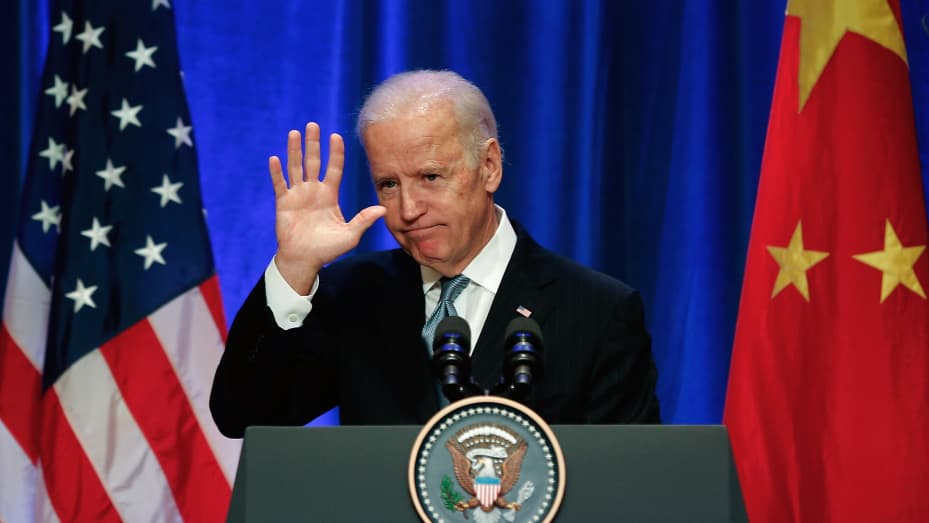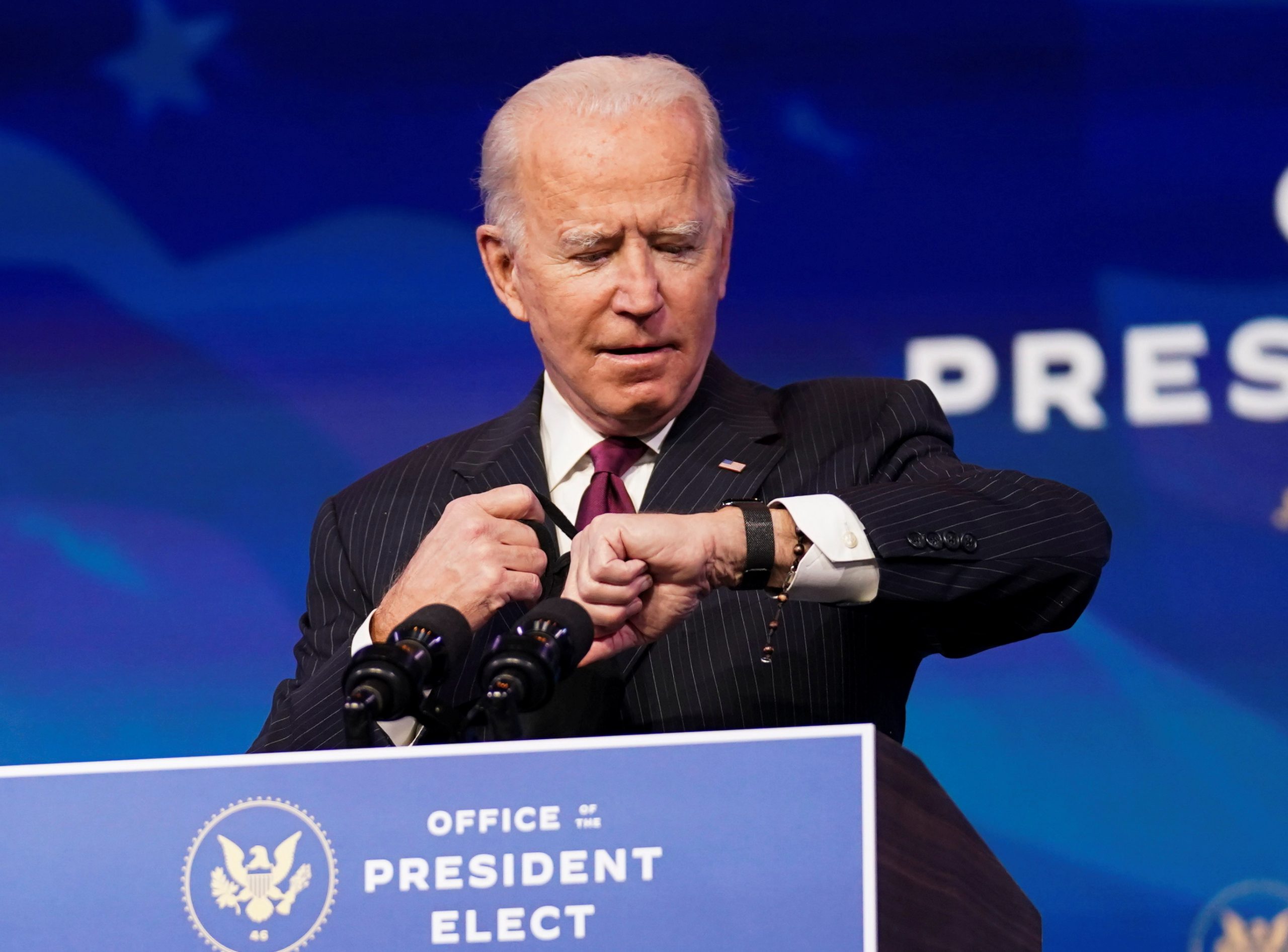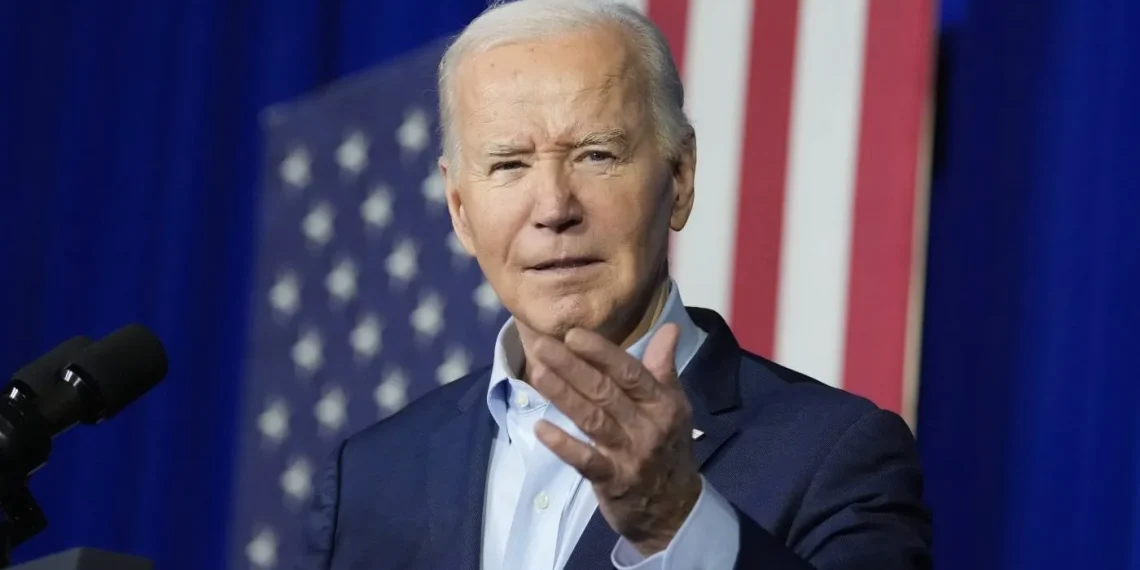The Biden administration‘s recent moves to impose additional tariffs on Chinese imports signal a hardening stance in U.S.-China relations, echoing bipartisan sentiment against Beijing ahead of the 2024 elections.
President Biden’s call for higher tariffs on Chinese steel and aluminum during a visit to Pennsylvania underscores a broader strategy to confront Beijing’s economic practices.
Treasury Secretary Janet Yellen has hinted at further tariffs on Chinese electric vehicles, citing concerns over protecting American workers from China’s overproduction.

This week, the administration initiated an investigation into China’s dominance in maritime, logistics, and shipbuilding industries, possibly leading to more tariffs on Chinese imports.
Chinese officials, including spokesperson Liu Pengyu, have criticized the unilateral and protectionist nature of U.S. tariffs, reflecting growing tensions between the two countries.
While the administration downplays political motives, Biden’s vocal support for steel tariffs suggests an acknowledgment of the electoral significance of taking a tough stance on China, particularly in states like Michigan and Pennsylvania.

Former President Trump, a rival to Biden, has proposed a 10% across-the-board import tariff and phasing out Chinese imports over four years.
Despite differences in approach, strong bipartisan support for anti-China policies underscores the gravity of the issue in U.S. politics.
The administration’s focus on targeted tariffs, such as the proposed steel and aluminum tariffs affecting $1 billion in goods, aims to mitigate potential retaliation from China while addressing concerns about unfair trade practices.





